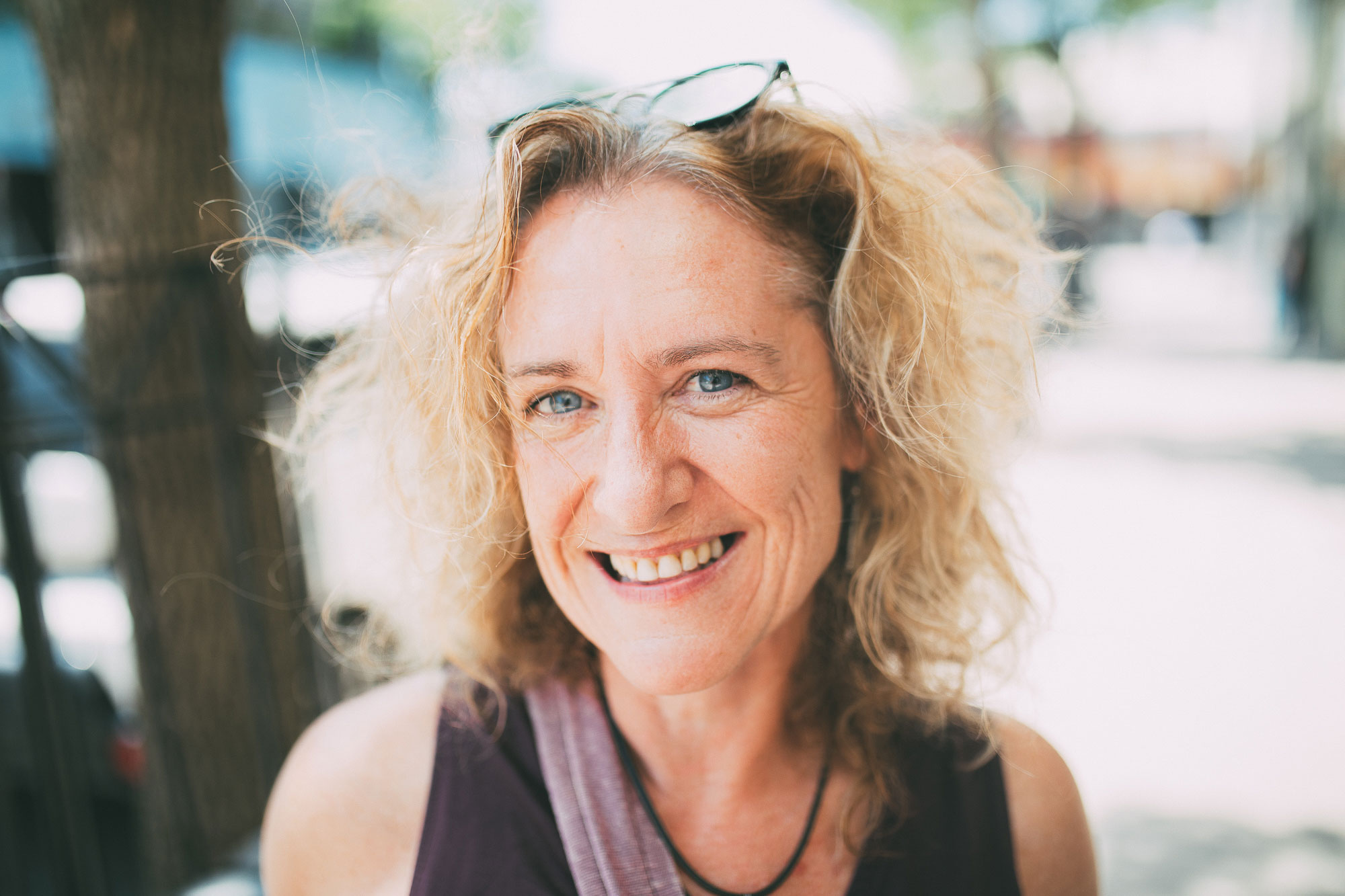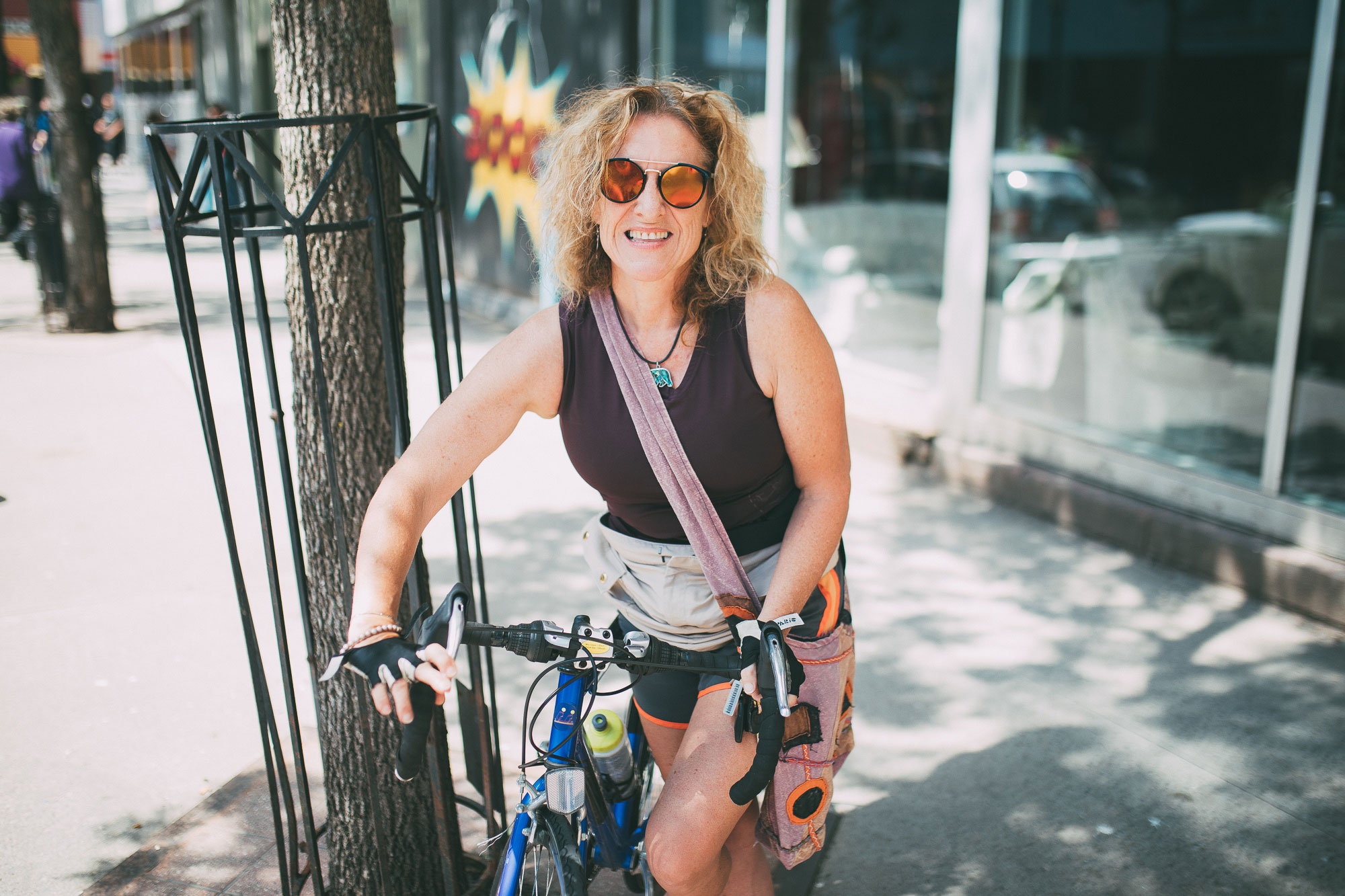This story has been waiting to be told for almost four months. It takes place under the midday sun of Thunder Bay in July, in The Hub Bazaar where I met Lori, whom I wrote about back in August. Lori wasn’t the only person to share her story that day. I also met Ruth, an inspiring woman committed to anti-poverty work and other community projects.
“My name’s Ruth Westcott,” she said, “and I’m from Thunder Bay.” A bird cried in the blue sky out the window. “We’re at The Hub, having lunch with Lori Paras, who’s this fabulous connector in the community. She’s an amazing entrepreneur and friend.”

Ruth got into her story right away.
“My story is about the power of assets for the poor, to help people who are on social assistance. I was a guinea pig in a program run by the Bay Credit Union, a local credit union. They fronted me my own rebates, enough for the down payment on a house that was listed for $29,000. So I was able to buy a house.”
She said that with the down payment, her mortgage was less than the cost of rent. And although having a house that is still being paid for isn’t technically an asset, it opened doors for Ruth that had previously been tightly closed. “There were all kinds of wonderful things that happened after that,” she said. “I could get a grant from the government to make it energy efficient, and I got a grant to renovate and get it up to code. My AA group helped me landscape with food, and I grow tons of organic food. We built a patio and it’s really pretty—and the credit union said it tripled in value in three years.”
“Now I have a credit rating, I have a funded retirement, I’m in the shares club, I have real estate, I have equity, I have neighbours who’ve lived there for forty years—I didn’t have any of that before. Do you have any idea the impact that has? I couldn’t have predicted what that does to a life, compared to being a welfare momma. I mean, are you kidding me? It’s unreal.”
“You’re persona non grata versus…the way you’re treated by lawyers, by real estate agents, by bankers, the way you’re treated by anybody with position. The way you’re treated by university, the way you’re treated by medical profession. And that has a profound impact on health. And it shouldn’t. That is wrong.”
Poverty and classism is wrong morally. I could do the research and demonstrate how it’s wrong economically. But what I want to focus on, from Ruth’s perspective, is how it’s wrong just from a standpoint of what’s possible as soon as people are able to exit poverty—as soon as people are well.
“Poor people don’t have assets. They can’t borrow, right. But I could and I could go and borrow to max out the Registered Disability Savings Plan, a federal program that triples what you contribute. Of course, nobody on disability can afford to make the contribution that triggers what the feds give you—but I did and they gave me a big bag of money, and then my health improved. Dramatically.”
“So now I’m a public speaker and a community activist and an engaged citizen and I’ve just today been hanging out with this Unitarian envoy to the United Nations conference on climate change. I’m doing what I can to try to make the world a better place, and I think that’s what happens as soon as people are well.”
“They do better,” she said, and I felt the simplicity of her words. They do better for themselves. For their families, their communities. For the world.
After Ruth finished, Lori added in some of her own experiences, that I think help demonstrate this point even further. Lori was a powerhouse entrepreneur and visionary for the community of Fort William, but she didn’t use to be recognized as such. “Some of the things you start to see through,” she said. “I used to say, why now? Why now do I have credibility with you because I can write a cheque, or I own this business, or you know my name.”
”I was just as credible as the single mom living with no running water, on beautiful land, with my bare feet on the earth, taking care of my children. I was just as loving, I was just as caring, I was just as, as, you know, relevant. But society didn’t see me as that.”
I think a shift happens when people with experiences like Ruth or Lori end up in positions of influence in their communities—in particular because they remember. Ruth started talking about Lori running for election, and Lori didn’t laugh it off. Do you see the power in that? That’s the power of community-based leaders. The power of humility and resilience and endurance. The power of people looking towards themselves and their neighbours with the vision of a credit union covering bank rebates for a down payment on a $29K house.
“It’s so coming together,” Lori said to Ruth. “And it’s coming together in downtown Fort William.”
“This is downtown Toronto, this is downtown Belgium,” responded Ruth.
“This is downtown human,” finished Lori. “This is so human down here. It’s the human story.”

I went looking for an article I read about liquid assets and poverty, and while I didn’t find it, I did find an article worth reading in The Guardian: ‘Poor people don’t plan long-term. We’ll just get our hearts broken’.